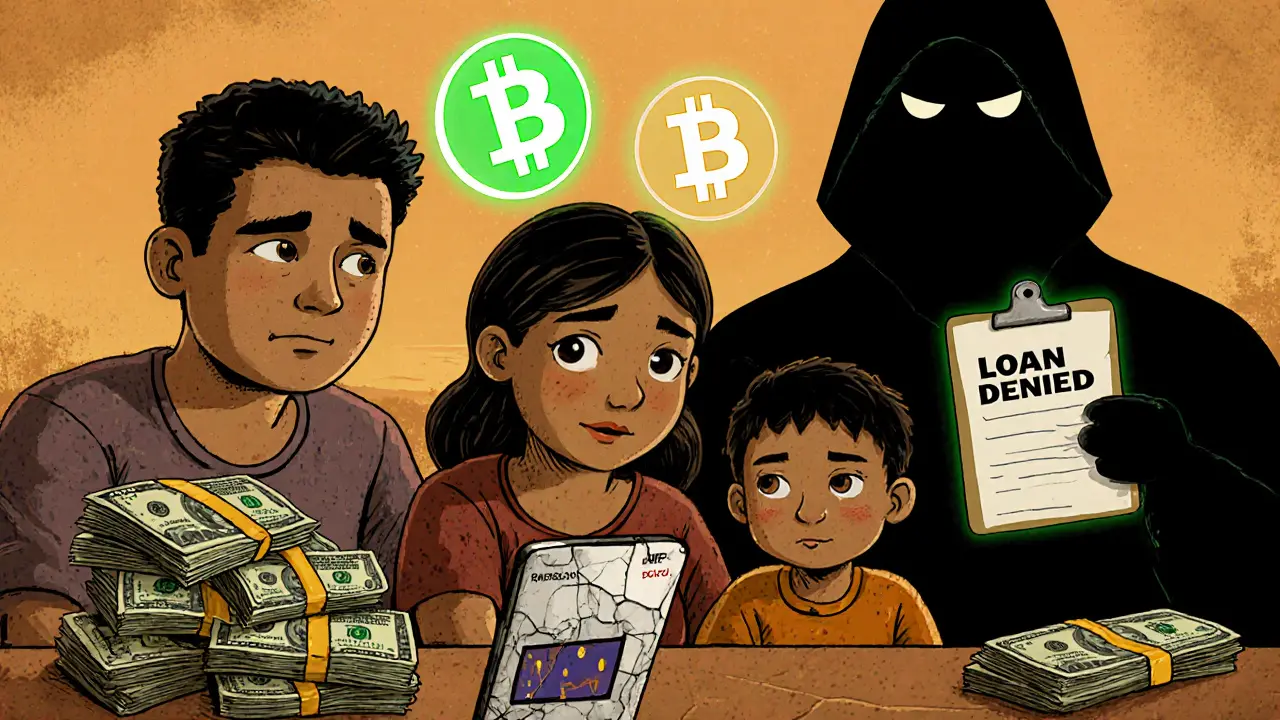Bitcoin Legal Tender: Where It’s Accepted, Why It Matters, and What’s Changing
When we talk about Bitcoin legal tender, a status that means a government officially recognizes Bitcoin as a valid form of payment for debts. It’s not just about being able to buy coffee with Bitcoin—it’s about whether the state says you can use it to pay taxes, settle contracts, or even avoid fines. Only two countries have made Bitcoin legal tender so far: El Salvador in 2021 and the Central African Republic in 2022. Both moved quickly, hoping to attract investment, reduce remittance costs, and bypass traditional banking systems. But outside those two, most governments treat Bitcoin as property, not currency. That’s a huge difference.
That’s where crypto regulation, the patchwork of laws countries use to control how digital assets are bought, sold, taxed, and seized. It’s digital currency laws that decide if you can legally hold Bitcoin, if exchanges need licenses, or if the government can freeze your wallet. In the U.S., the IRS taxes Bitcoin gains like capital gains. In Portugal, holding Bitcoin over a year means zero tax. In Angola, mining Bitcoin got you jailed because the government said it was stealing electricity. These aren’t just policy differences—they’re life-changing rules for anyone holding crypto.
And then there’s Bitcoin adoption, how everyday people and businesses actually use Bitcoin in real life, regardless of legal status. In places like Ukraine, Bitcoin became a lifeline during war, helping people move money when banks were down. In Nigeria, traders use it to bypass currency controls. Even in countries where it’s not legal tender, people find ways to use it. That’s why some experts say adoption matters more than legislation—because people will use what works, even if the government says not to.
But here’s the catch: when governments start cracking down, they don’t just ban Bitcoin—they go after the tools that make it useful. That’s why you’ll see posts about crypto seizure, when authorities confiscate Bitcoin from individuals or exchanges, often under suspicion of fraud or sanctions violations. The U.S. has built a $17 billion Strategic Bitcoin Reserve from seized coins. Russia bans unlicensed exchanges. Cuba faces tighter controls. These aren’t random actions—they’re part of a global power struggle over who controls money.
So if you’re wondering whether Bitcoin legal tender status matters for you, the answer is: it depends. If you live in El Salvador, it changes how you pay your rent. If you’re in the U.S., it affects how you report taxes. If you’re in a country with unstable banks, it might be your only way to protect your savings. The truth is, Bitcoin’s value isn’t tied to government approval—it’s tied to trust, scarcity, and real-world use.
Below, you’ll find real-world breakdowns of how different countries treat Bitcoin, which exchanges are safe (or dangerous) under current laws, and how asset seizures, tax rules, and enforcement actions are reshaping the crypto landscape. No fluff. Just what you need to know to stay safe, informed, and ahead of the curve.
Chivo Wallet and Bitcoin in El Salvador: What Went Wrong and What’s Left
El Salvador’s Chivo wallet was meant to revolutionize finance with Bitcoin. But after a volatile rollout, technical failures, and IMF pressure, Bitcoin lost its legal tender status in 2025. Here’s what actually happened - and what’s left.
El Salvador's Bitcoin Adoption Strategy: What Really Happened and Where Things Stand in 2025
El Salvador made Bitcoin legal tender in 2021 to help the unbanked and cut remittance costs. By 2025, it dropped the status under IMF pressure-but kept buying Bitcoin and building crypto infrastructure. Real adoption is quiet, private, and growing.

